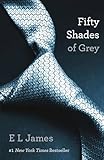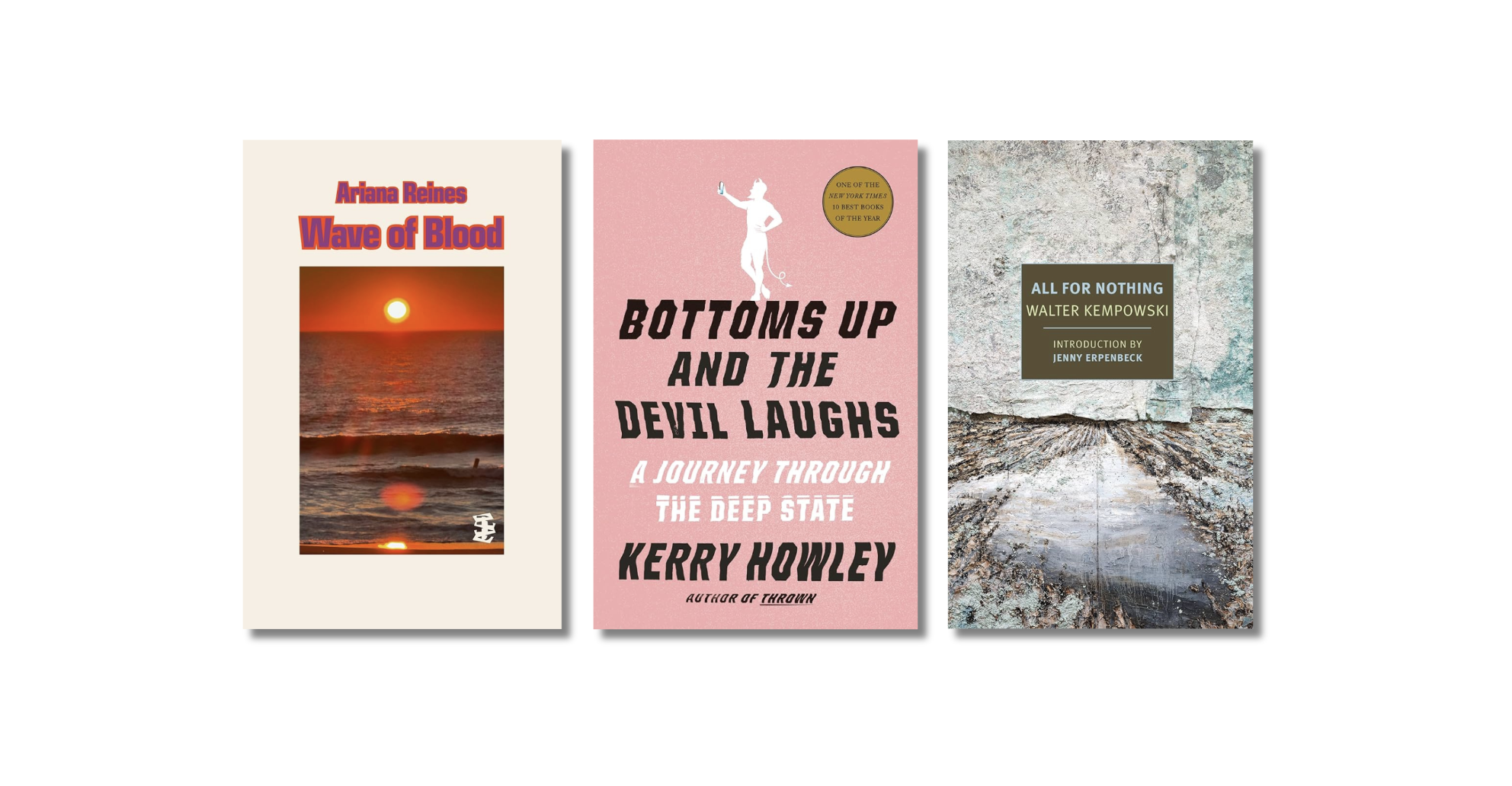
For the past year, to the rising horror of publishing-industry insiders, the federal government has been on a campaign to stamp out price fixing in the e-book trade between the last remaining major publishing houses and Apple, which sells e-books for its iPads and other devices. On Wednesday, Denise Cote, a federal judge in Manhattan, ruled that Apple had indeed colluded with publishers to raise prices of e-books — in the process giving aid and comfort to Amazon, the single strongest monopolistic force in the book business.
The case is far from over. Apple is one of the world’s largest corporations, and it is in a knife fight with Amazon and others over the future of digital content, so you can count on it to carry on its appeals as long as it can. But Wednesday’s ruling follows an earlier decision by the major publishers to settle with the government rather than fight the case, so in some ways we are already living in the economic environment Justice Department lawyers believe is best for the book business. It isn’t pretty. Borders is gone, Barnes & Noble is on the ropes, and with the recently approved merger of Random House and Penguin Books, the already absurdly conglomerated Big Six publishers have become the Big Five.
As a matter of law, it is altogether possible that the government is right that Apple and publishers conspired to set prices higher than Amazon would charge, which would have forced consumers to pay more for e-books in the short term. But to see this case in this narrowly legalistic light is to completely misunderstand how the book business actually works, and, more dangerously, to undermine its ability to find and publish books people want to read.
The government’s case suggests that it views book publishing as essentially a commodity business. Publishers, this line of reasoning supposes, produce these things called books, consisting of several hundred pages of printed matter and a cover, each of which is more or less interchangeable with any other. A book then is like any other commodity, such as soap or motor oil, and the only legitimate concern for consumers is the unit price of the commodity. Any increase in the unit price beyond the absolute minimum the free market will bear is an injustice to the consumer.
But books are not bars of soap. When you go online to buy a book, you are not merely paying for a file full of random ones and zeros. You’re buying the original ideas and stories contained within that book, and frankly nobody has any idea how much those ideas are worth until people start reading them.
This is the crucial point the government missed in bringing this lawsuit: book publishing is in essence a vast, bumbling R&D operation — a sort of pharmaceutical company churning out stories rather than mood-stabilizing drugs. Like pharmaceutical companies, publishers are constantly testing out products of unknown efficacy to find the one in a thousand that works, and, like pharmaceutical companies, publishing houses have to charge above-market rates for their successful products to amortize all those failures. If you limit their ability to do this, books will indeed be cheaper, but they also will be lower in quality and variety because publishers will have less ability to finance experimentation.
This was what was at the heart of the publishers’ negotiations with Apple: publishers wanted to be able to set their own prices. Put simply, when it comes to e-books, Amazon sets the price — for a time, the standard unit price was $9.99 — and then pays the publisher a royalty per unit sold. Often, Amazon was actually losing money on its per-unit sales, but that was fine with Amazon, because what Amazon really wants to sell is not so much e-books as the delivery system of those e-books, called a Kindle.
 Apple was offering a wholly different deal, called “the agency model,” in which publishers would set the price for an e-book and then Apple would take a cut — usually 30 percent of the list price. In other words, Apple was offering to once again give the publishing industry the freedom to overcharge for all those e-versions of E.L. James’s Fifty Shades of Grey flying out the virtual doors to make up for the risks it is taking on thousands of other titles that may have literary merit, but won’t sell nearly as well.
Apple was offering a wholly different deal, called “the agency model,” in which publishers would set the price for an e-book and then Apple would take a cut — usually 30 percent of the list price. In other words, Apple was offering to once again give the publishing industry the freedom to overcharge for all those e-versions of E.L. James’s Fifty Shades of Grey flying out the virtual doors to make up for the risks it is taking on thousands of other titles that may have literary merit, but won’t sell nearly as well.
It is easy to see the Apple antitrust suit as merely a clash between multi-billion-dollar corporations, but at heart the case asks a fundamental societal question: what, legally speaking, is art? Is it a thing, a commodity like a bar of soap or a can of motor oil to be bought and sold in an unfettered free market, or is it something else, deserving of special allowances? If you see a work of art, in this case a book, as a commodity, then there is no question that Judge Cote’s ruling is correct. As a society, we long ago decided that when people sell things, the consumer is best served when the government allows the free market to work its magic on cost control.
But the framers of our Constitution recognized that ideas aren’t things and should occupy a special place in our laws. In enumerating the powers of Congress in Article 1, Section 8 of the Constitution, the framers noted how important it is “to promote the Progress of Science and useful Arts” and thus created copyright protection for authors and inventors. I am not suggesting copyright law has any direct bearing on the Apple case. I am merely saying the framers were onto something. Books and other works of art aren’t widgets, and art does not now nor has it ever flourished in a truly efficient market.
As a matter of law, the Department of Justice might be right that Apple conspired with publishers to raise e-book prices, but as a matter of governance, the DOJ did not have to bring this suit, which everyone understood from the start would hurt publishers and help Amazon. The full effects of Wednesday’s ruling remain to be seen, but this much seems clear: if the government prevails, it may bring down prices of e-books, at least in the short term, but in doing so it will have created a far less genuinely competitive and vibrant book business.
Image Credit: Wikipedia









